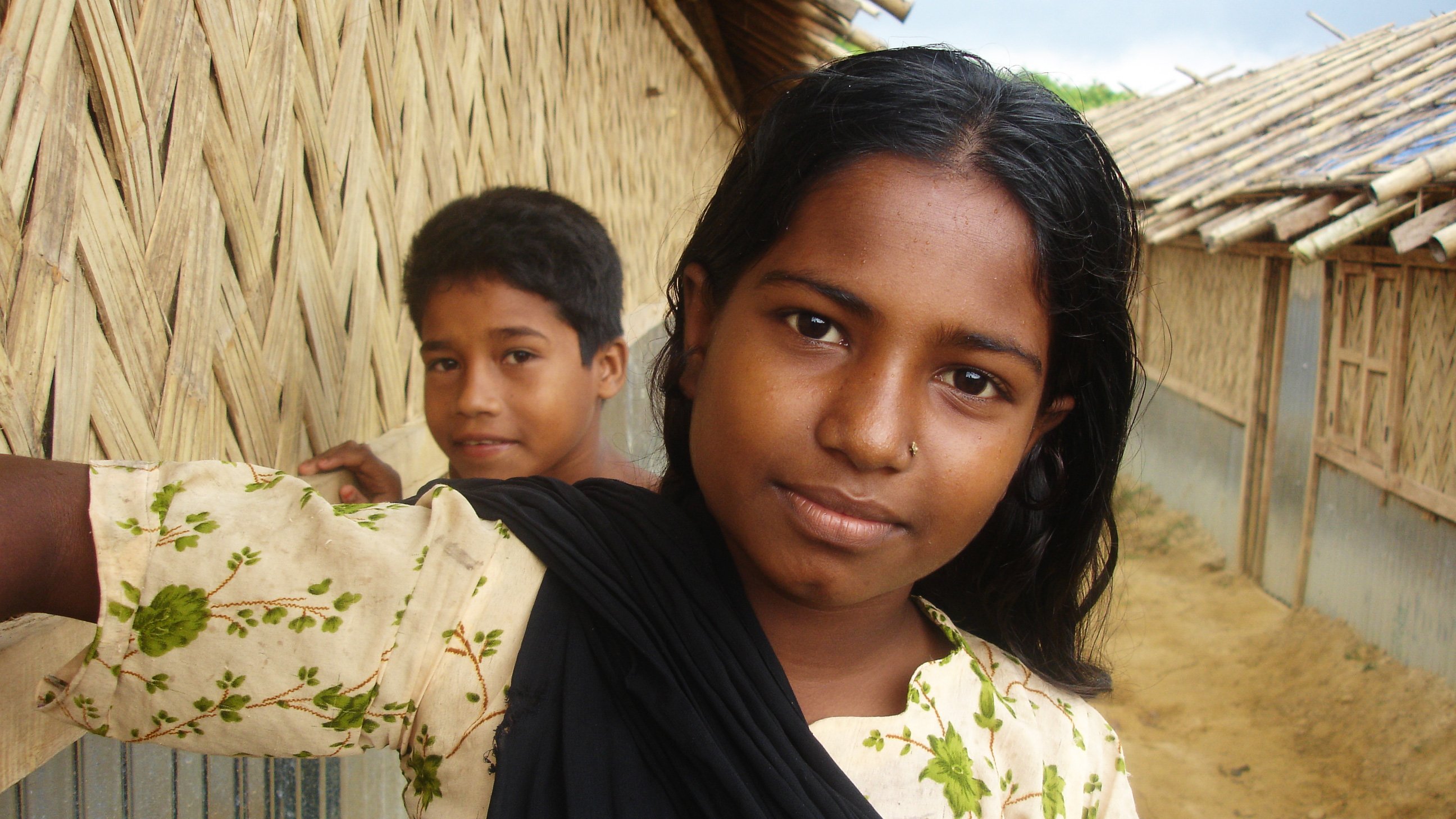“Early marriage is a big problem for Bangladesh. We cannot reduce maternal mortality and morbidity if we do not stop early marriage,” Gias Uddin, a project manager for the Family Planning Association of Bangladesh (FPAB), the largest family planning NGO in the country, told IRIN.
Efforts have been, and are being, made to this end: Bangladesh has been offering secondary school scholarships to girls who postpone marriage since 1994, and a UN Children’s Fund (UNICEF) programme for adolescent empowerment conducts training in over 25 of the country’s 64 districts.
According to UNICEF’s 2011 State of the World’s Children report, about a third of women in Bangladesh aged 20-24 are married by the age of 15, and 66 percent percent of girls will wed before their 18th birthday - up 2 percent from 2009.
The root causes of child marriage - the prospect of reduced dowry payments, and fears of sexual harassment - are continuing to prompt parents to marry girls off before they reach adulthood, according to Zinnat Afroze, a social development adviser at Plan International, Bangladesh.
In many cases, parents marry off their daughters at an early age to prevent them from being stalked or sexually harassed, she said, adding: “Parents can give less dowry money if they marry off their daughter at an early age.”
Law enforcement
According to the 1929 national Child Marriage Restraint Act, it is illegal for parents to marry off children under 18.
| Read more |
But more often the law is not enforced, and parents marry off their daughters secretly, with devastating consequences for their health and well-being.
“Early marriage means early pregnancy and there are serious health consequences of early pregnancy. The maternal mortality rate is high among girls who are married off at an early age,” Plan’s Afroze said.
Dulali Begum, married at 14, died during pregnancy. “She died from different complications soon after her marriage,” said her father, Dudu Mia, a rickshaw puller who lives in Mirer Bagh in Dhaka. He married off his daughter due to financial hardship.
“I am responsible for my daughter’s death. If I had not married off my daughter at 14, she would not have died... No one should make this mistake. Whenever I get the chance, I ask every one not to marry off their daughters at an early age,” said Mia.
Advocacy on the consequences of child marriage is the only way to put an end to the harmful practice, according to Afroze.
“There should be massive awareness programmes from government, NGOs, civil society and everyone to make people aware of the negative side of child marriage. Only then can we stop it,” said Afroze.
Meanwhile, government officials say they are doing what they can: “We are working to create massive awareness against early marriage through different campaigns across the country. The government has also taken steps so that the law is enforced properly,” said Tariq-ul-Islam, secretary to the Ministry of Women’s and Children’s Affairs.
mw/dm/cb
This article was produced by IRIN News while it was part of the United Nations Office for the Coordination of Humanitarian Affairs. Please send queries on copyright or liability to the UN. For more information: https://shop.un.org/rights-permissions





